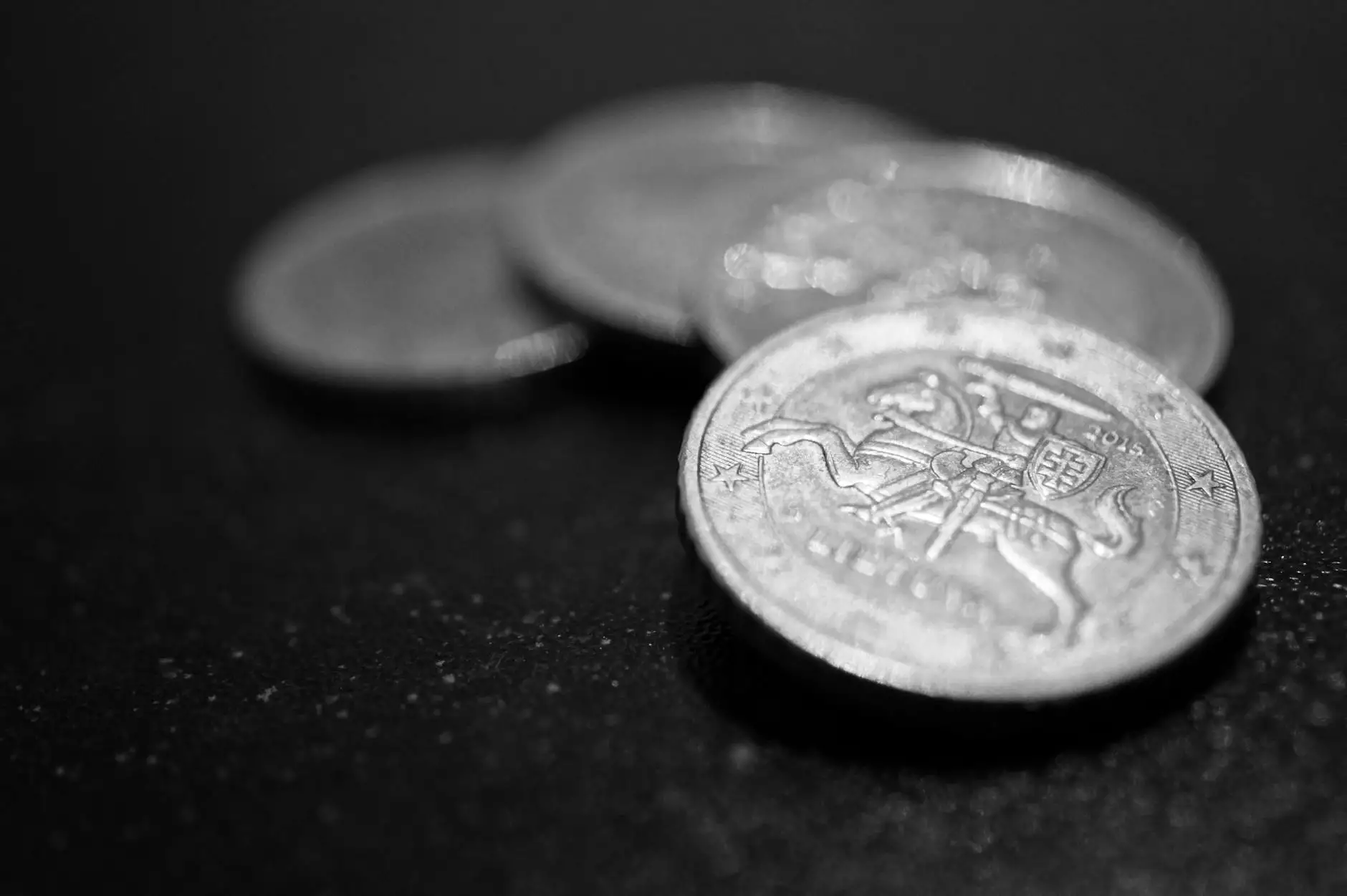The Impact of Fake Euro Currency on Modern Businesses

In an increasingly interconnected global economy, the emergence of fake euro currency presents a significant challenge to businesses operating within the eurozone and beyond. This article delves deep into the ramifications of counterfeit currency, particularly the euro, and how it affects various sectors including Banks & Credit Unions, Financial Services, and Financial Advising.
Understanding Fake Euro Currency
Fake euro currency refers to counterfeit bills that mimic the genuine euro banknotes. These counterfeit versions not only deceive consumers but also undermine the integrity of financial systems. Counterfeiting has evolved with technology, and today’s counterfeiters employ sophisticated methods to produce fake currency that appears alarmingly authentic.
How Fake Euro Currency is Created
The production of counterfeit euros typically involves several state-of-the-art techniques:
- High-Quality Printing: Counterfeiters use advanced printers and materials that closely resemble the tactile and visual qualities of real euro notes.
- Color Matching: They invest in tools that allow them to reproduce the exact shades and hues of genuine euros.
- UV Features: Some counterfeiters even attempt to replicate the ultraviolet features, although these can be difficult to replicate perfectly.
The Scale of the Problem
The scale of fake euro currency usage poses a considerable threat to businesses. As of recent estimates, billions of euros in counterfeit currency circulate globally, leading to:
- Loss of Revenue: Businesses face direct financial losses when they unknowingly accept counterfeit bills.
- Increased Operational Costs: The need for additional fraud prevention measures can strain resources.
- Harm to Reputation: Acceptance of counterfeit currency can damage a business’s credibility and trustworthiness.
Effects on Financial Institutions
Banks and credit unions are often the first line of defense against counterfeit currency. The impact of fake euro currency on these institutions includes:
Increased Security Measures
Financial institutions must invest heavily in technology and staff training to detect fake euro currency. This includes:
- Advanced Currency Detection Machines: Banks employ sophisticated machines that can quickly and accurately identify counterfeit bills.
- Employee Training: Regular training sessions ensure that staff is updated on the latest counterfeiting trends and detection tactics.
- Collaboration with Authorities: Partnerships with law enforcement and governmental organizations help prevent the circulation of counterfeit notes.
Loss of Customer Trust
When banks fall victim to counterfeit money, the repercussions are felt beyond immediate financial loss. A bank's reputation can suffer significantly, leading to customer attrition:
- Perception of Vulnerability: Clients may view their bank as insecure if counterfeit incidents occur.
- Client Migration: Trust issues may drive customers to competitors perceived as safer.
Consequences for Businesses
Beyond financial institutions, businesses of all types suffer from the effects of fake euro currency.
Retail Sector Vulnerabilities
The retail sector is particularly vulnerable to counterfeit currency. Here’s how:
- Point of Sale Risks: Small businesses are often ill-equipped to detect fake euros, increasing their risk of accepting counterfeit bills.
- Inventory and Cash Flow Disruptions: A single counterfeit bill can lead to significant disruptions in cash flow and inventory management.
The Need for Robust Payment Solutions
To mitigate the risks of dealing with counterfeit currency, businesses are adopting more robust payment solutions:
- Digital Payment Platforms: Encouraging customers to use digital payment methods reduces the risk associated with physical cash.
- Integrated Fraud Detection Tools: Utilizing technology to detect counterfeit notes during transactions can safeguard businesses.
The Role of Financial Advising in Counteracting Counterfeiting Risks
Financial advisors play a crucial role in educating businesses about the risks of fake euro currency and proactive measures to mitigate these risks.
Awareness and Education
Financial advisors can help businesses understand:
- Current Trends in Counterfeiting: Providing insights into the latest counterfeiting trends helps businesses stay vigilant.
- Investment in Security Infrastructure: Advising on necessary investments in detection technology and staff training.
Financial Planning for Losses
Financial advisors can assist businesses in planning for potential losses due to counterfeit currency by:
- Crisis Management Strategies: Developing contingency plans to address financial losses quickly.
- Insurance Solutions: Identifying insurance products that can mitigate financial impacts from counterfeiting.
Global Implications of Fake Euro Currency
The rise of fake euro currency is not confined to Europe; it has global implications that impact international trade and relations.
Influence on Trade Relations
Counterfeiting can strain trade relationships between countries. The perception of security risks can lead nations to:
- Reevaluate Trade Agreements: Countries may reconsider trade partnerships if they believe the risk of accepting counterfeit currency is high.
- Implement Stricter Regulations: Stricter currency regulations and customs checks may be enforced.
Impact on Tourism
Tourism can also be affected. Visitors may be deterred by concerns about receiving counterfeit currency while traveling:
- Travel Hesitation: Potential tourists may opt for destinations perceived as safer regarding currency authenticity.
- Increased Transaction Scrutiny: Businesses in popular tourist destinations may face higher scrutiny and pressure to validate currency authenticity.
Concluding Thoughts on Combatting Fake Euro Currency
In conclusion, the threat of fake euro currency is multifaceted and poses risks not only to individual businesses but to the broader economic landscape. Through vigilant practices, investment in technology, and the support of financial advisors, businesses can navigate these risks effectively.
Staying informed, proactive, and adaptable is essential for any business looking to thrive in an economy where counterfeit currency can undermine even the most robust organizations. By embracing modern solutions and fostering a culture of security awareness, businesses can not only protect themselves from the dangers of fake currency but also contribute to a more secure financial environment overall.









